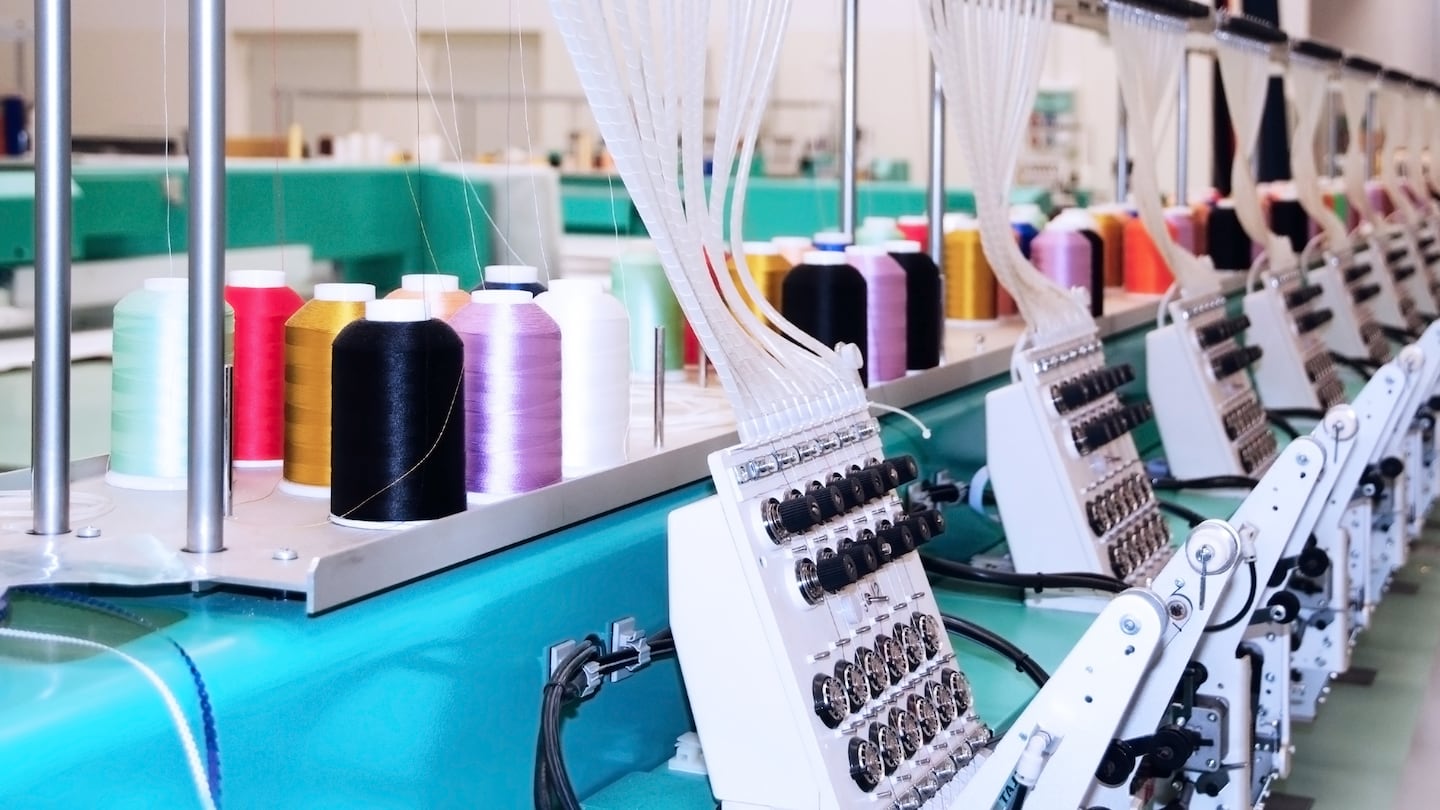
The Business of Fashion
Agenda-setting intelligence, analysis and advice for the global fashion community.

Agenda-setting intelligence, analysis and advice for the global fashion community.

Ethiopia, home to one of Africa’s largest textile industries, will be removed as a beneficiary of the US African Growth and Opportunity Act (AGOA) trade programme in January 2022 due to its failure to halt human rights violations stemming from war in its Tigray region, according to Fibre2Fashion.
In 2020, Ethiopia exported $223.526 million of textile-apparel to the US, according to the US Department of Commerce’s Office of Textiles and Apparel (OTEXA). Now, US retailers sourcing from Ethiopia are likely to turn to other countries for their sourcing needs.
West Africa, already a major producer of cotton, is a likely beneficiary of any sourcing shift (Benin, Ivory Coast and Burkina Faso respectively rank sixth, seventh, and eighth in the world in terms of cotton production). This being said, currently only two per cent of cotton grown there is locally turned into textiles, with the remainder sent to other countries (over 90 percent ends up in Asia for further processing).
The sanctions placed on Ethiopia are likely to give respective governments in West African nations new impetus to attract textile-related investment and improve transportation and logistics. They will be helped by the creation of the African Continental Free Trade Area (AfCFTA), which came into effect on Jan. 1 this year and has reduced tariffs up to 90 percent on goods traded within the area.
ADVERTISEMENT
Learn more:
The Risky Business of Emerging Manufacturing Hubs
The pandemic is not the only cause of disruption to global supply chains. From Myanmar to Ethiopia, civil unrest and political conflict are impacting suppliers used by brands like H&M and Benetton.
Though e-commerce reshaped retailing in the US and Europe even before the pandemic, a confluence of economic, financial and logistical circumstance kept the South American nation insulated from the trend until later.
This week’s round-up of global markets fashion business news also features Korean shopping app Ably, Kenya’s second-hand clothing trade and the EU’s bid to curb forced labour in Chinese cotton.
From Viviano Sue to Soshi Otsuki, a new generation of Tokyo-based designers are preparing to make their international breakthrough.
This week’s round-up of global markets fashion business news also features Latin American mall giants, Nigerian craft entrepreneurs and the mixed picture of China’s luxury market.